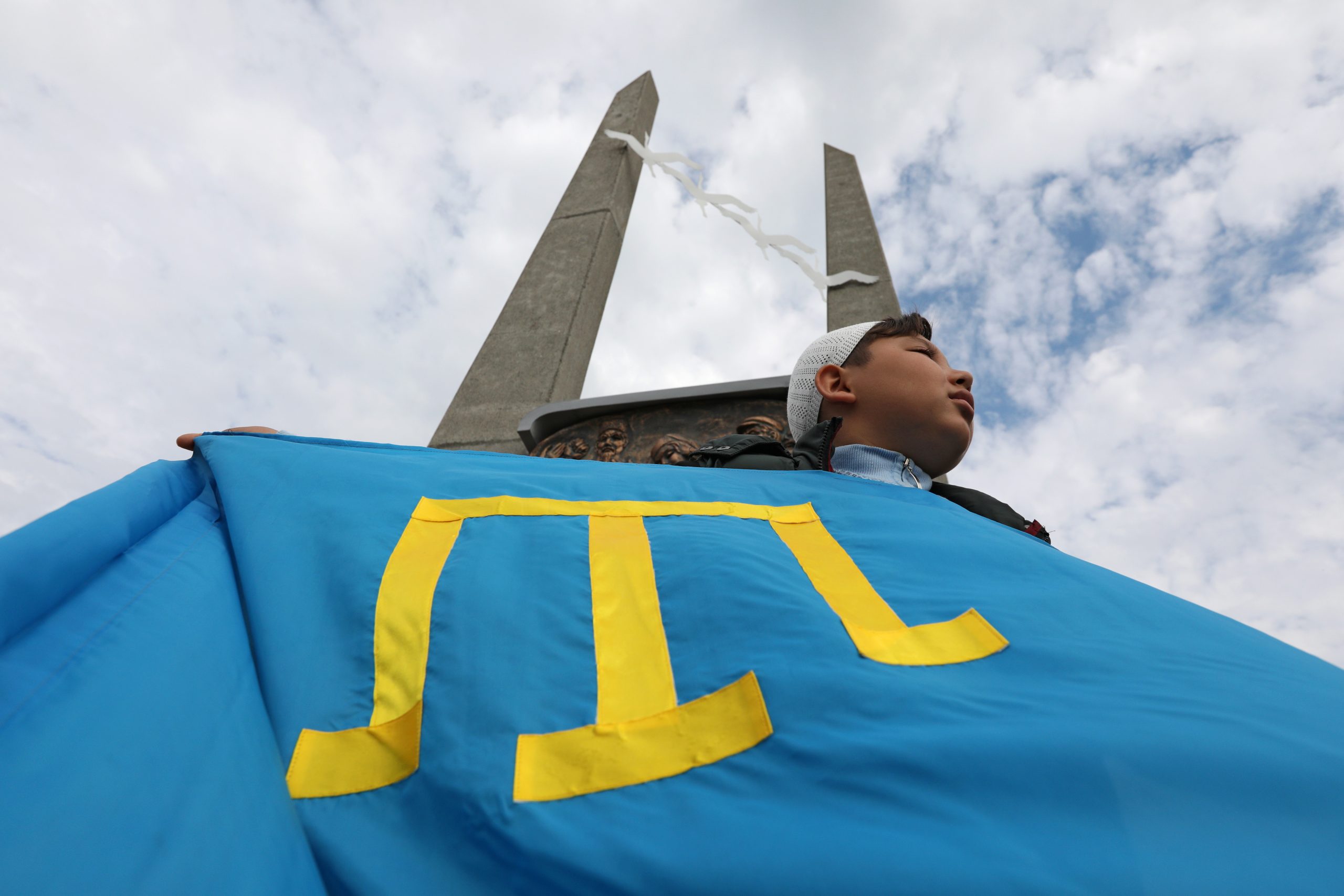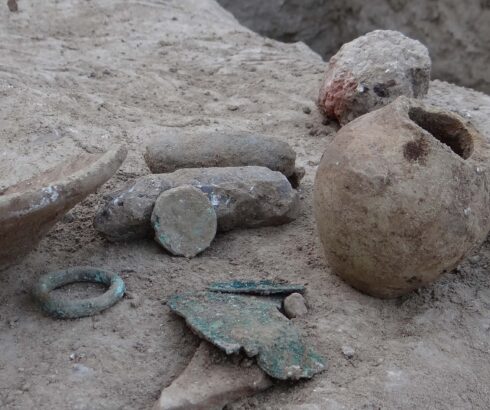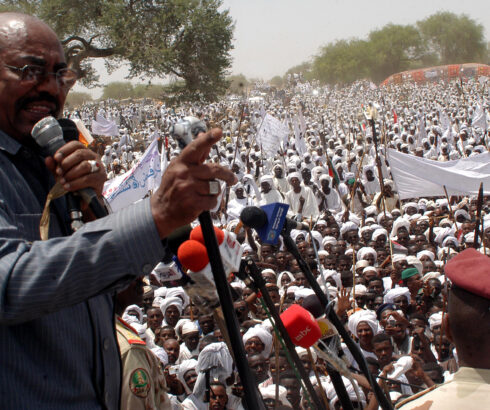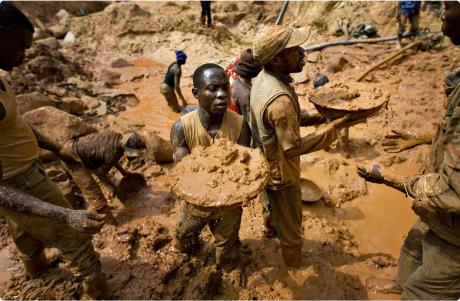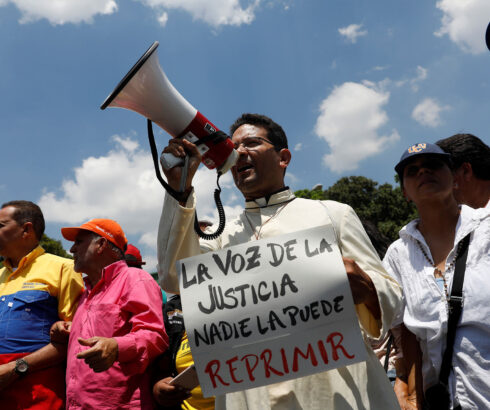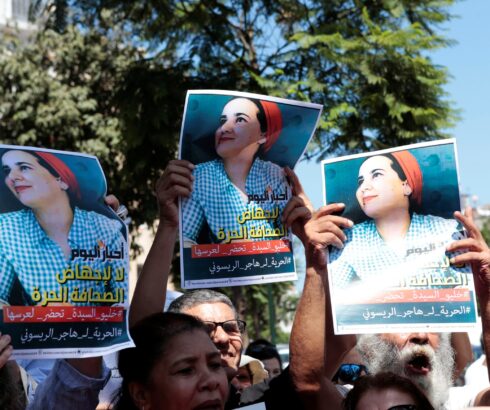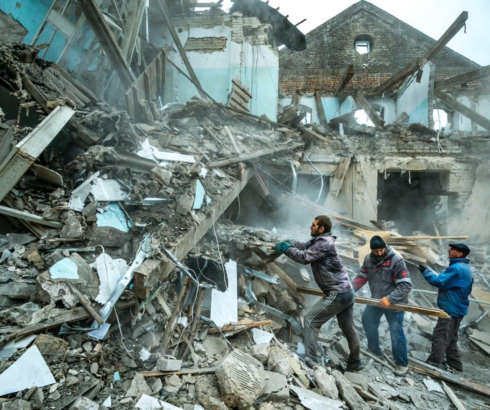Members of marginalized groups – such as religious and ethnic minorities – are prosecuted and persecuted for who they are or what they believe. Indigenous peoples are also unfairly targeted as they try to preserve their way of life in the face of relentless pressure from political leaders or corporate interests.
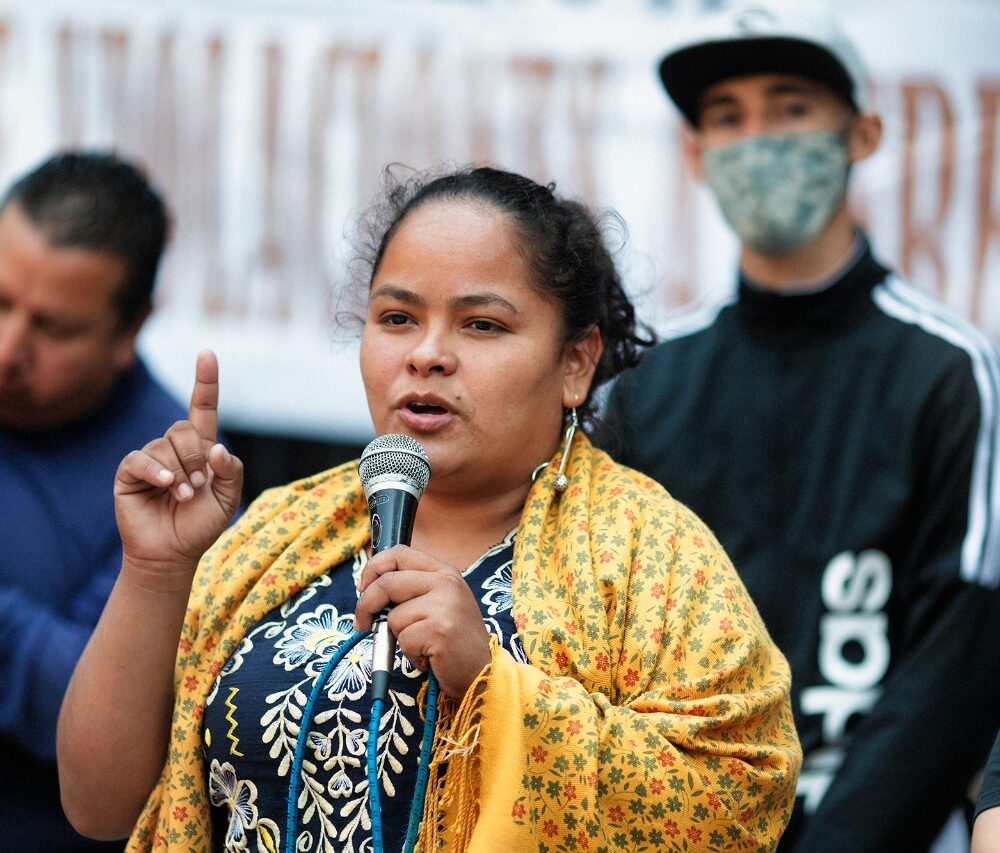
The simple act of defending their cultures or religions can lead to devastating consequences for religious minorities and indigenous groups. This includes criminal prosecutions. TrialWatch monitors these trials, exposing sham prosecutions aimed at stripping religious or ethnic minorities of power and stifling any criticism of the majority. We use findings from our monitoring to advocate for the release of unjustly imprisoned minorities, and to reform the unfair laws that enable discrimination and persecution.
During conflict or economic downturn, marginalized and vulnerable people often serve as scapegoats, with authoritarian leaders or armed groups targeting them and destroying their homelands & culture for profit.
Did you know
Amal Clooney is counsel to a number of female survivors of sexual violence from the Yazidi community in Northern Iraq who were targeted by ISIS’s genocidal campaign. In one case, she represented a Yazidi woman who was the main witness at the world’s first genocide trial of an ISIS member brought under German universal jurisdiction laws. Testifying over seven days before the court, the Yazidi woman provided the key evidence that sealed the genocide conviction against the defendant, Taha A.-J, who had enslaved and abused the woman and killed her 5-year-old daughter.
